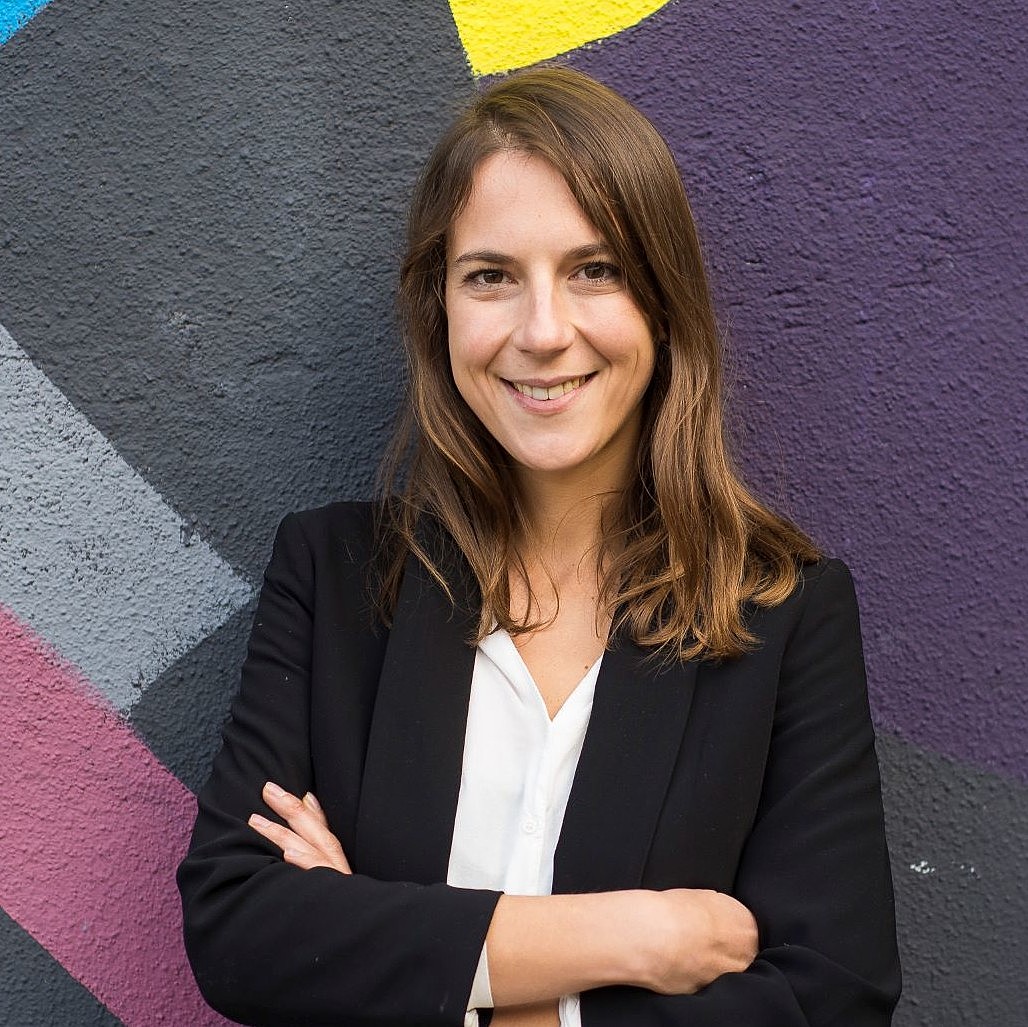Since 2011, she has been a Secretary General of Europa Nostra in Serbia and has led projects, trainings, lectures and research in over 20 countries in Europe, Africa, Asia and South America. Previously, she has worked in educational and curatorial departments of Museum of Art and Archaeology in Columbia USA, Peggy Guggenheim Museum in Venice, Venice Biennale and National Museum in Belgrade. Her research Governing Heritage Dissonance: Promises and Realities of Cultural Policies, dealing with heritage-led reconciliation in the Southeast Europe. has been awarded the European Cultural Policy Research Award.
Museums, conflicts and peace: how can museums contribute to healing and justice?
Despite grand promises of peace and stability, numerous world regions have recently experienced or still experience intense armed conflicts and wars. Looking beyond simple division of agressors and victims, most conflicts are extremely complex events, and involve structural inequalities, historical injustices, symbolic violence, competing visions of the world, and competing interpretations of history and heritage. In my presentation, I will sketch out questions which museums should be asking if they are to address conflicts and injustices in their societies. I would agrue that museums that want to be be just institutions and places of healing need to be able to address conflicts in multidimensional and plural ways: through historic, structural, ecological, symbolic and emotional lens.
At NEMO’s European Museum Conference 2019, Višnja Kisić will participate in “Panel 2 - Peace, Justice, Strong Institutions” together with Keiu Telve, Vabamu Museum of Occupations and Freedom, and Maria Vlachou, Acesso Cultura, on Friday 8 November.



